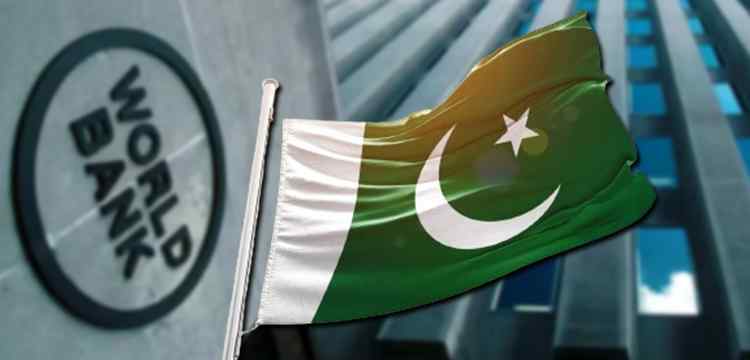In a significant boost to Pakistan’s fiscal reform agenda, the World Bank is preparing to greenlight a $600 million loan to support the country’s efforts to overhaul how public money is spent and managed. The funding is set to kick off the first phase of a five-year federal initiative aimed at making development more inclusive and government spending more efficient.
The initiative, formally titled the Public Resources for Inclusive Development (PRID) Program, is a cornerstone of Islamabad’s broader fiscal transformation strategy. The total program is projected to cost $1.6 billion over five years and is tightly aligned with Pakistan’s commitments under its ongoing agreement with the International Monetary Fund (IMF).
Focused Reforms at the Federal Level
Phase 1 of the PRID program targets key changes at the federal level. This includes launching a dedicated tax policy unit tasked with crafting a medium-term tax framework—a move aimed at widening the country’s narrow tax base and reducing its chronic fiscal deficits.
But it’s not just about taxes. The program also seeks to modernize how the government allocates and tracks its spending. By closely monitoring the budget process—from formulation to execution and reporting—the government hopes to align expenditures more tightly with national priorities.
To support these efforts, part of the World Bank’s funding will be tied to disbursement-linked indicators (DLIs), ensuring money is released only when measurable progress is achieved. Additional technical support, including institutional assessments and expert consulting, will be financed outside traditional budget lines.
Data and Transparency as Strategic Pillars
Another key component of the program is its emphasis on data-driven governance. Plans include the creation of a national statistical hub, new frameworks for data quality assurance, and improved integration of fiscal data—all designed to inform better policymaking and boost transparency.
Improved public access to credible financial data also has the potential to enhance Pakistan’s standing in international fiscal benchmarks, something the country has historically struggled with.
Aligning with Long-Term Goals
The PRID program is part of Pakistan’s Medium-Term Fiscal Framework and complements the National Fiscal Pact—a broader agreement focused on more coordinated, sustainable budgeting between federal and provincial governments. The overarching goal: to shift from short-term crisis management toward long-term fiscal stability and inclusive growth.
By targeting inefficient spending, strengthening tax systems, and improving the reliability of financial data, Pakistan hopes this reform package will set the stage for more resilient public finances in the years ahead.
The World Bank’s board is expected to formally approve the $600 million in the coming weeks.
